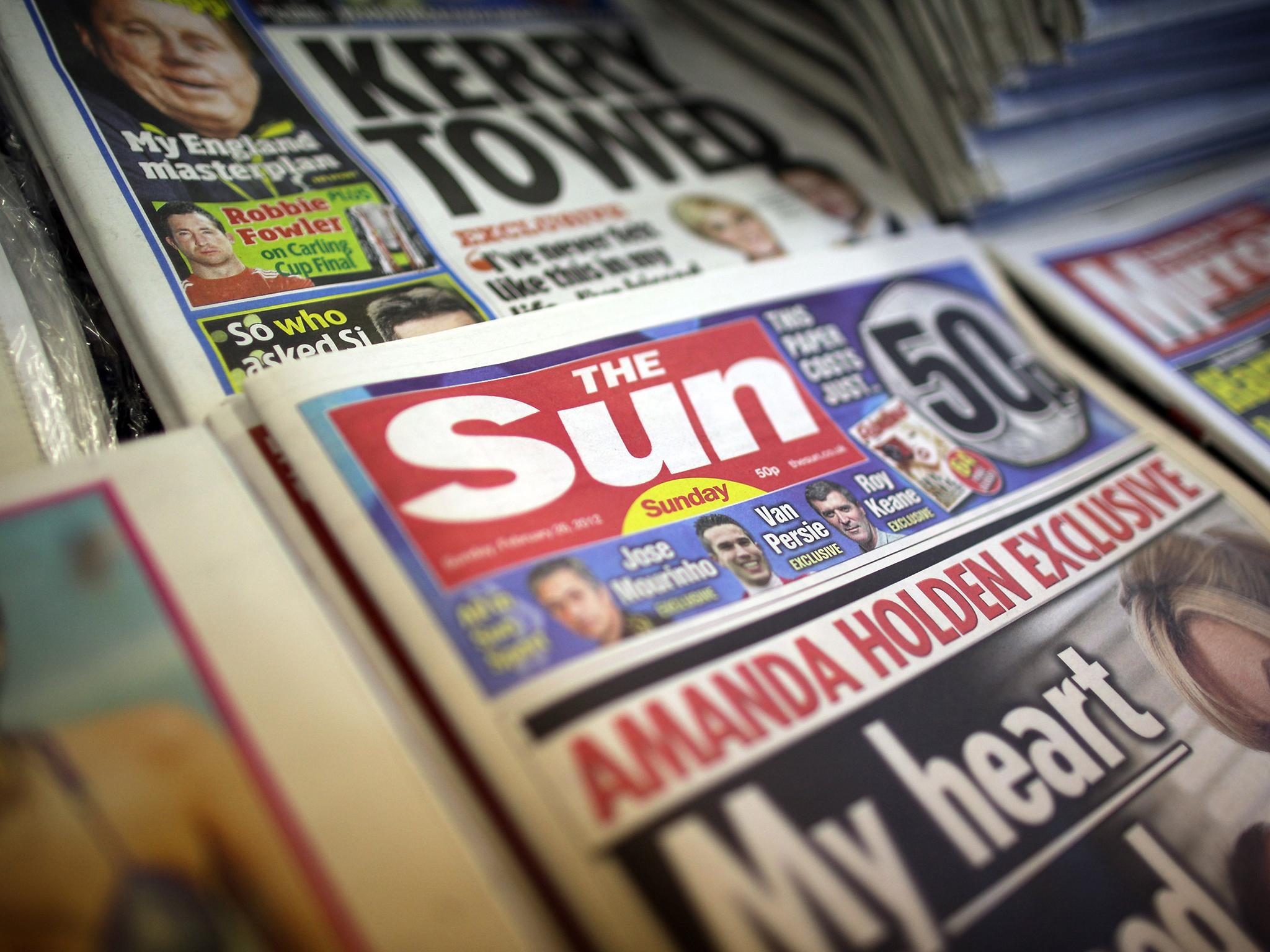The right-wing press no longer wields absolute power in modern Britain. This election proves it
In this era of ever-greater media plurality, voters are better equipped to make political decisions because they can examine a range of views and sources


Your support helps us to tell the story
From reproductive rights to climate change to Big Tech, The Independent is on the ground when the story is developing. Whether it's investigating the financials of Elon Musk's pro-Trump PAC or producing our latest documentary, 'The A Word', which shines a light on the American women fighting for reproductive rights, we know how important it is to parse out the facts from the messaging.
At such a critical moment in US history, we need reporters on the ground. Your donation allows us to keep sending journalists to speak to both sides of the story.
The Independent is trusted by Americans across the entire political spectrum. And unlike many other quality news outlets, we choose not to lock Americans out of our reporting and analysis with paywalls. We believe quality journalism should be available to everyone, paid for by those who can afford it.
Your support makes all the difference.From “Cor-bin” to “Cor-win”. On this occasion, it was most certainly not The Sun what won it. Nor the Daily Mail, nor The Express.
Ever since Jeremy Corbyn became Labour leader he has been utterly dismissed by the right-wing media. When Theresa May made her disastrous decision to call an election, the right-leaning papers went to town in an all-out campaign against Labour’s leadership. This culminated in recent days with a Sun front page depicting Jeremy Corbyn inside a rubbish bin. The Mail, meanwhile, showed Corbyn alongside shadow Chancellor John McDonnell and former shadow Home Secretary Diane Abbott under the headline “Apologists for Terror”. The Express told its readers: “Vote May or we face disaster”.
This morning it is clear that the Prime Minister badly miscalculated the mood of the country and got her electoral mathematics in a knot. She overestimated her own popularity; the degree to which Brexit would be the dominant theme of the election; and the likelihood that Ukip voters would only swing to blue.
By contrast, she underestimated Corbyn’s ability as a campaigner and the extent to which many voters feel thoroughly disillusioned with their lot under her Government. But if it’s true that May found herself out of touch with the public, the same can be said of her great allies in the press.
Of course, it is a perennial matter of debate whether the media can swing an election; I have written here before that I think its power in that regard is generally overstated. Yet that is largely because editors and proprietors read the runes, survey their readers and back the most likely winner (or make equivocal endorsements in favour of a candidate that is likely to lose but which the paper’s readers will nonetheless favour). The Sun backing Tony Blair is the obvious case in point.
This election was different because almost nobody expected – even when the opinion polls narrowed in the later stages of the campaign – that Theresa May would not win a majority of some order. The pro-May, anti-Corbyn headlines came with an underlying conviction of a significant Tory victory.
So what conclusion should we draw? One is that the readership of the right-wing tabloids has declined to the degree that partisan headlines simply don’t influence the number of people they once did. Another is that readers don’t make judgements purely on the basis of their preferred newspaper’s editorial line. In this era of ever-greater media plurality, people are better equipped to make political decisions because they can examine a range of views and sources.
Rupert Murdoch may be spitting this morning. But there is an irony in all this, which is that a hung parliament – and, most probably, a new period of political instability – is manna from heaven for the media, from an editorial point of view at least.
Brexit; Trump; and now the most indecisive general election result since 1974. These are events that will keep reporters, writers and editors busy for years. Or at least until the next election. Which will probably take place in October.
Will today’s stunning result, however, make the media think twice about Corbyn? It hardly seems likely. The antipathy is real and mutual and Labour’s enemies will note that Theresa May increased the Conservatives’ share of the vote to Thatcherite proportions.
But what about the tabloids reassessing their attack dog approach which, if it was designed to persuade people to back Theresa May, has obviously back-fired? After all, what should shine through most brightly from the last seven weeks is that, for a very large number of people in the UK, there is an unsated appetite for something positive, for an optimistic outlook, for hope. Jeremy Corbyn embodied that desire for change; Theresa May, by contrast, was an empty vessel.
Maybe this is where May and her tabloid allies truly went wrong. Just as the Remain campaign last year misjudged the degree to which voters can be motivated by fear, so in this campaign the Conservative leader and her friends in the media wrongly assumed that attacks against Labour’s leaders would be enough to secure a Tory win. It was, not to put too fine a point on it, the politics of hate. And it didn’t work.
The Prime Minister this morning is weakness and wobbliness personified. But make no mistake, this is an extraordinary moment for Britain’s right-wing press, which for so long has been perceived to have a hold over the electorate. The Express is on the ropes. The Daily Mail is bruised. The “Currant Bun” is crumbling.
Join our commenting forum
Join thought-provoking conversations, follow other Independent readers and see their replies
Comments